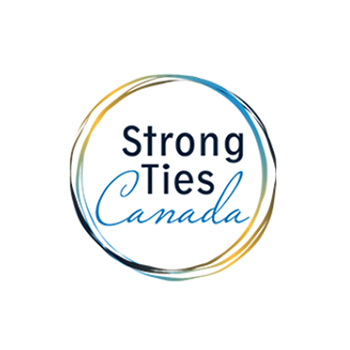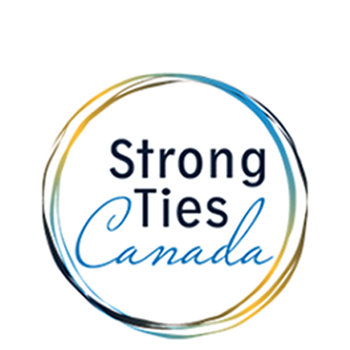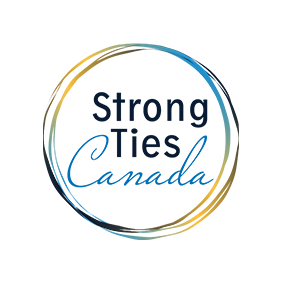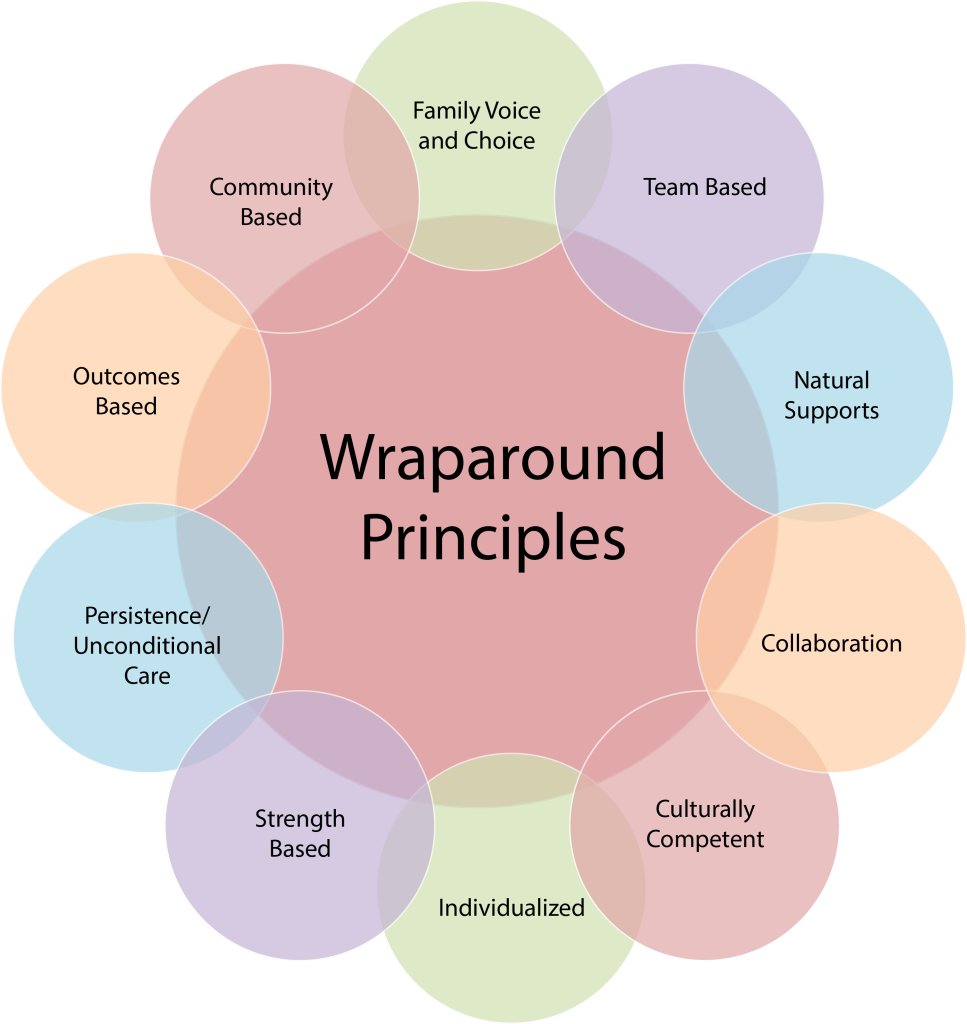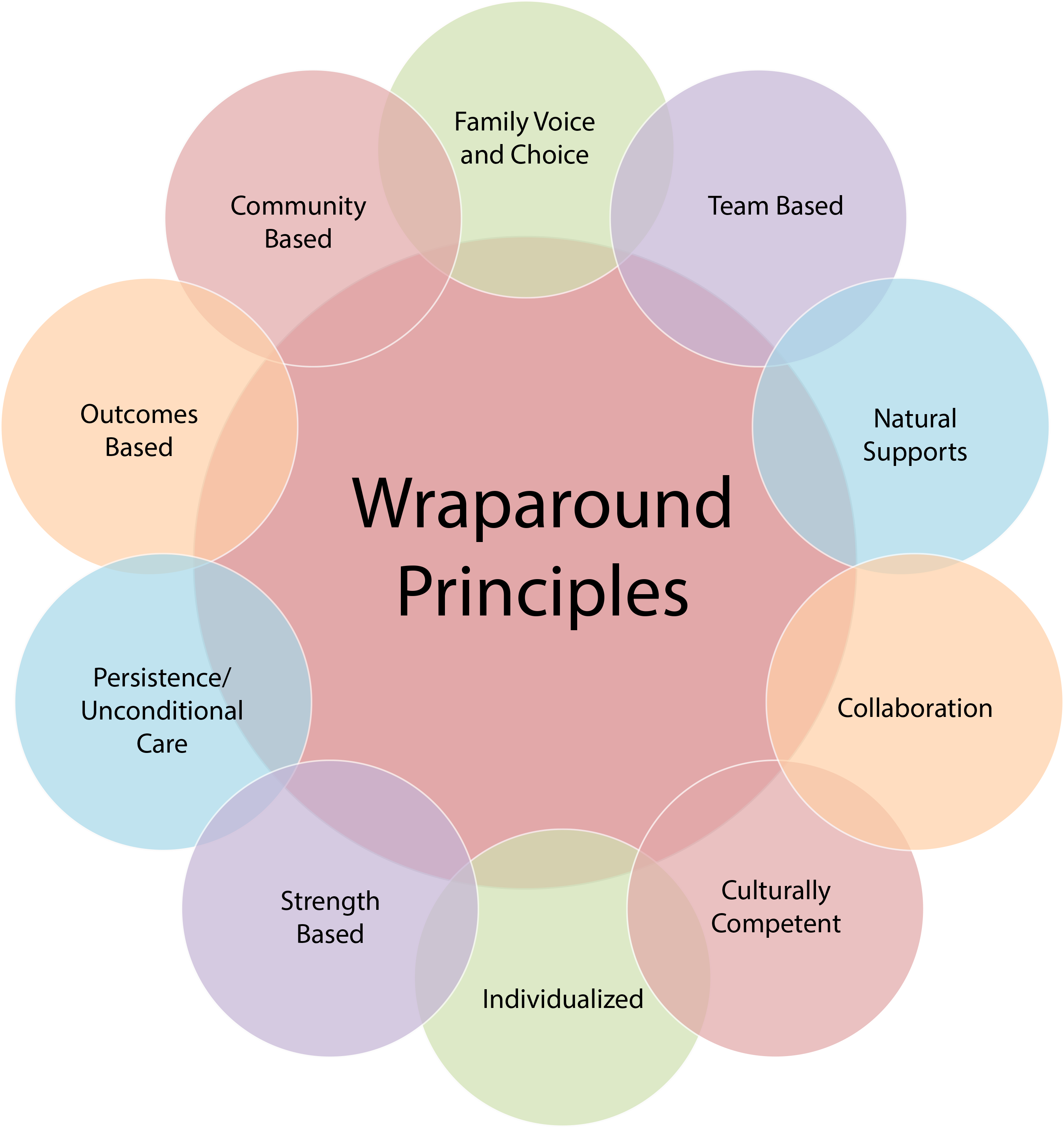HFWA- High Fidelity Wraparound
Wraparound shifts focus away from a traditional service-driven, problem-based approach to care and instead follows a strengths-based, needs-driven approach. The intent is to build on individual and family strengths to help people achieve positive goals and improve well-being. Wraparound is also a team-driven process.
“I love the Wraparound model because it empowers the individual to have their voice heard.”
About Wraparound
It has been proven to achieve the following:
- Reduces the length of government involvement
- Increases indicators of long-term health and well-being
- Helps facilitate behavioral change
- Increases connection with family, friends and community for vulnerable individuals
- Decreases high risk behaviours and activities (substance use, crime, exploitation, etc.)
- Increases goal attainment (employment, school, independent living)
High Fidelity Wraparound (HFWA) Endeavors to create life-long connections for individuals, youth and families. We support individuals, youth and families to create a team of people who help them in meeting their goals.
HFWA is a team-based planning process intended to provide individualized, coordinated, family-driven care that will meet the complex needs of children, youth, adults and families.
HFWA was originally developed by Portland University, and is a coaching and facilitation model that mobilizes the collective action of a committed group of family, friends, community, professional, and cross-system supports resulting in the creation of a plan of care for an individual or family. It is an evidence-based model that has proven incredibly effective throughout the social work field across North America and has been government mandated in over 40 states. (high level outcomes/ ROI)
The model can be modified and embedded into existing programs in part or whole with incredible outcomes in the lives of clients and communities.
High Fidelity Wraparound (HFWA) Endeavors to create life-long connections for individuals, youth and families. We support individuals, youth and families to create a team of people who help them in meeting their goals.
HFWA is a team-based planning process intended to provide individualized, coordinated, family-driven care that will meet the complex needs of children, youth, adults and families.
HFWA was originally developed by Portland University, and is a coaching and facilitation model that mobilizes the collective action of a committed group of family, friends, community, professional, and cross-system supports resulting in the creation of a plan of care for an individual or family. It is an evidence-based model that has proven incredibly effective throughout the social work field across North America and has been government mandated in over 40 states. (high level outcomes/ ROI)
The model can be modified and embedded into existing programs in part or whole with incredible outcomes in the lives of clients and communities.
It has been proven to achieve the following:
- Reduces the length of government involvement
- Increases indicators of long-term health and well-being
- Helps facilitate behavioral change
- Increases connection with family, friends and community for vulnerable individuals
- Decreases high risk behaviours and activities (substance use, crime, exploitation, etc.)
- Increases goal attainment (employment, school, independent living)
Youth Principles: High fidelity Wraparound Principles are redefined by youth.
| Principles | Wrap definition | Youth definition | |
|---|---|---|---|
| Individualized | Individual’s strengths and needs are taken into account and leveraged to ensure the plan and support/intervention strategies are specific to the individual’s journey. The principle of Individualized is highly informed and intentional. | Individuals’ strengths, culture and needs are considered and learning about a youth’s capacity is important when planning. Taking time to understand their experiences and listening to their story and being intentional in your approach. | |
| Voice and Choice | Youth perspectives are intentionally elicited and prioritized during the support/intervention process. Planning is grounded in family/youth perspective, and the team strives to provide options and choices such that any planning reflects these values and preferences. | We honor youth voice even if it’s different then other’s expectations. Youth are the center of planning and make choices based on their own values and preferences. We see strength in the choices that are made by the youth and create safe space to speak. | |
| Culturally Competent/ Aware/Sensitive |
All work demonstrates respect for and builds on the values, preferences, beliefs, culture, and identity of the youth and their community | Understanding way of life and lifestyle is important to the work we do. Understanding different identities and how they present in different situations of how we might show up. Creating a space where we can be ourselves. | |
| Natural Supports | Planning reflects activities and interventions that draw on sources of natural support. They are utilized as the developing relationships that will support the child, youth, adult or family long term. | Building and maintaining relationships with people who are important to youth will help when support is needed. Getting ideas and experiences from different people can help youth to make informed choices in their life. | |
| Strength Based | Planning, services and supports identify, build on, and enhance the capabilities, knowledge, skills, and assets of the youth, and their community. Strengths are intentionally identified and leveraged at each stop. | Look for resilience, perseverance and focus on the positive qualities of others. Planning is built on a youth’s strengths, abilities, capacity and helps them build self- awareness. Look for strengths in every situation of both the youth and the team. | |
| Community Based | Implementation of services and support strategies take place in the most inclusive, most responsive, most accessible, and least restrictive settings possible. This may include identification, connection and belonging to their “home” community. | All work demonstrates creating accessibility to self-identified communities and learning about the youth’s culture and support networks in those communities. Create opportunities and find resources that connect youth by looking at their emotional, spiritual, and mental wellbeing. | |
| Collaboration | Team members work cooperatively and share responsibility. Collaboration includes looking beyond planning at how we work collectively to achieve the goals. The plan reflects a blending of team members’ perspective, mandates, and resources. | To understand other people’s opinions and shared responsibility while working towards the same goal. Having empathy and coming together without our egos and to work on unity with a give and take attitude. | |
| Outcome Based | The team/individual ties the goals and strategies of the plan to observable measurable indicators of success, monitors progress in terms of these indicators, and revises the plan accordingly. | The youth/team work to link the goals and strategies of a plan by making items they can measure to see success. Follow up and supports are monitored and plans change if needed. | |
| Persistence | Despite challenges, the work persists in moving toward the goals included in the plan and day to day. As challenges and barriers present themselves, brainstorming and alternatives are identified and course correction is made. Persistence presents itself in the form of continuing to work at what we know, what we’ve learned and how we can adapt. | “Youth don’t’ fail, plans fail” helps to re evaluate and change the plan if necessary. Creating timelines and following up to show commitment. We talk about what is working and what’s not so we can prioritize and target what matters. | |
| Team Based | A team is developed as a support network; Connected and communicating with each other on how the group will support the youth. The team consists of individuals the youth see as a support and/or are committed to them through informal, formal, and community support and service relationships. | Teams are created based on what we need and who we are comfortable with talking to. We can have multiple teams as support networks. Everyone puts in work and has our best interest at heart. Supports bring different perspectives and are not afraid to tell us how it is. |
